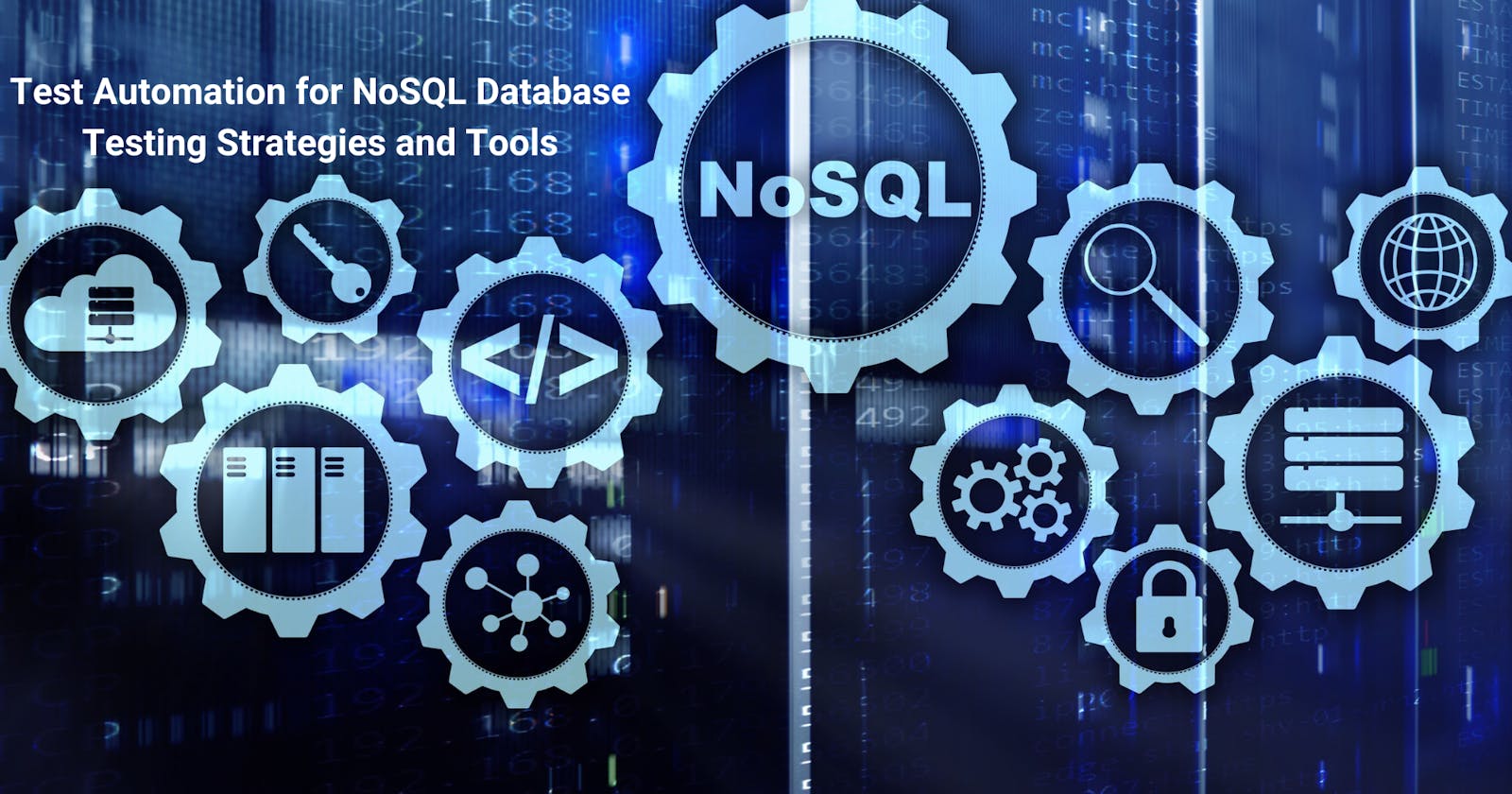In recent years, NoSQL databases have gained significant popularity due to their scalability, flexibility, and ability to handle large volumes of unstructured data. With the growing adoption of NoSQL databases, the need for effective testing strategies and tools to ensure their reliability and performance has become crucial. Test automation plays a vital role in achieving this goal by enabling efficient and thorough testing of NoSQL databases. In this article, we will explore various testing strategies and tools for automating NoSQL database testing.
Why Test Automation for NoSQL Databases?
NoSQL databases have unique characteristics that require a different approach to testing compared to traditional relational databases. These databases are schema-less, horizontally scalable, and often used in distributed systems. Manual testing alone is not sufficient to validate the complexity and scalability of NoSQL databases, it is important to incorporate test automation to yield maximum results.
Test automation offers several benefits for NoSQL database testing:
Improved Efficiency: Automation allows for the execution of repetitive and time-consuming tasks, such as data setup, data validation, and regression testing, with minimal human intervention. This frees up valuable time for testers to focus on more critical aspects of the testing process.
Increased Test Coverage: Automation enables comprehensive testing by executing a large number of test cases and scenarios that would be impractical to perform manually. It ensures that various aspects, such as data integrity, performance, scalability, and concurrency, are thoroughly tested.
Faster Time to Market: By reducing the time required for testing, automation helps accelerate the overall software development lifecycle. Bugs and issues can be identified early, allowing developers to address them promptly, leading to faster releases and improved time to market.
Reliable and Consistent Testing: Automation eliminates the risk of human error and ensures consistent execution of test cases. It provides reliable results by removing variations caused by manual intervention.
Effective NoSQL Database Testing Strategies:
Data Modelling and Verification: Develop a clear understanding of the data model and schema of the NoSQL database. Verify that the data is structured correctly and agrees to the expected format.
Functional Testing: Test the basic functionalities of the NoSQL database, such as CRUD operations (Create, Read, Update, Delete), indexing, querying, and aggregations. Automation frameworks support behavior-driven development (BDD), which can be utilized to define and execute test cases in a natural language format.
Performance Testing: NoSQL databases are known for their ability to handle large volumes of data and high concurrency. Performance testing should focus on scenarios that simulate real-world usage, such as inserting, updating, and querying massive amounts of data concurrently.
Scalability Testing: NoSQL databases are designed to scale horizontally, which means they can distribute data across multiple nodes. It's crucial to validate the database's scalability by simulating increasing loads and monitoring the performance and response times as the database scales.
Security Testing: NoSQL databases can be vulnerable to security threats if not configured correctly. Security testing should include checking for authentication, authorization, encryption, and other security measures.
Conclusion
With the above discussion, it is clear that implementing test automation in NoSQL is important, as manual testing alone is not sufficient to validate the complexity and scalability of NoSQL databases, it is important to incorporate test automation to yield maximum results.
